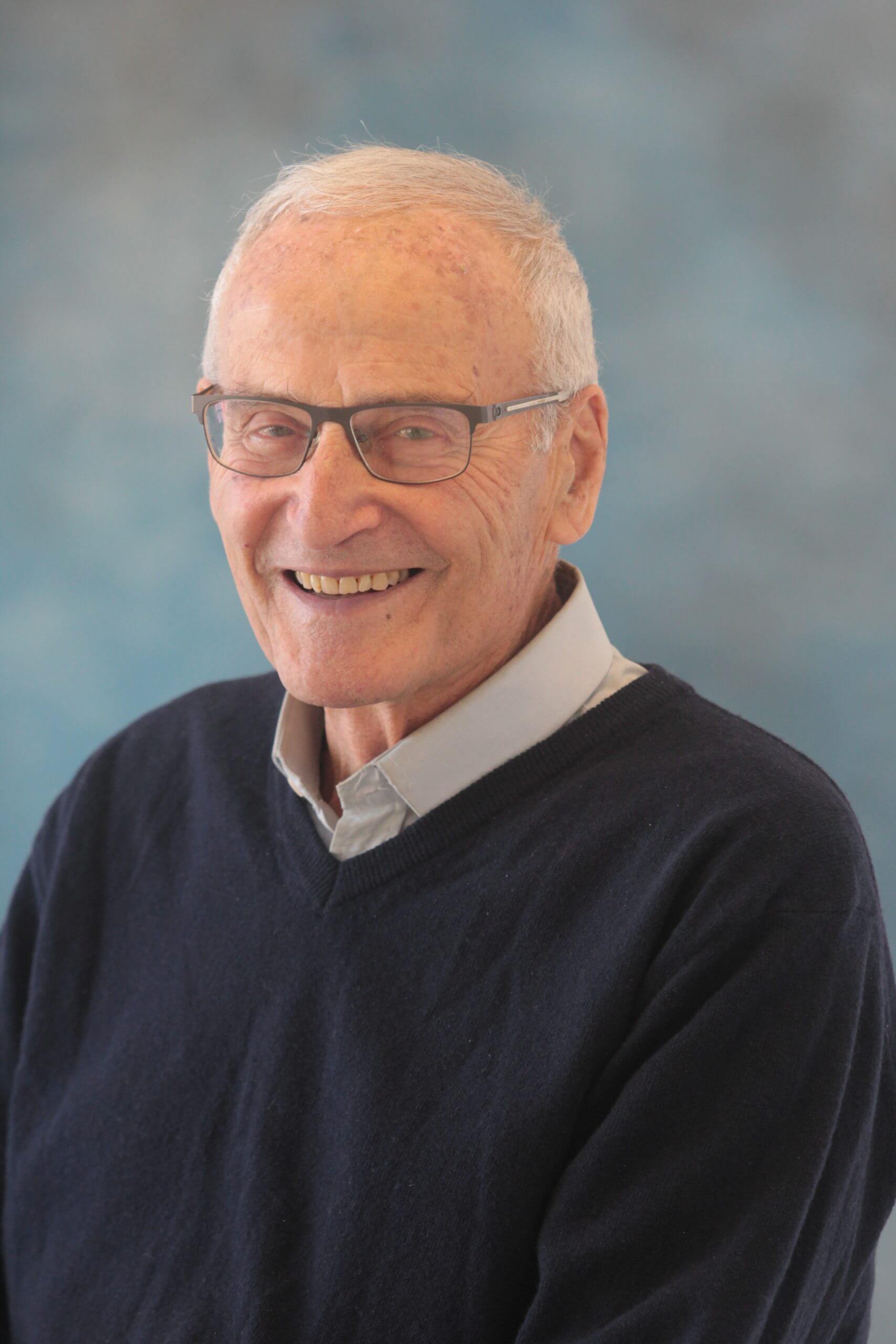The award was given to Prof. Zak for "developing mathematical tools such as 'Zak transformation' and 'Zak phenomenon' used to decipher the phenomena of electrical conduction in a magnetic field. These tools enable the prediction of materials with unique properties for building electronic devices

The Minister of Education Dr. Yifat Shasha Biton announced yesterday the winning of Prof. Emeritus Yehoshua Zak From the Faculty of Physics at the Technion in the Israel Prize for Physics and Chemistry Research for the year XNUMX. In its reasoning, the award committee, headed by Prof. Halina Abramowitz, and with the participation of the members: Prof. Asa Auerbach, Prof. Itamar Wilner and Prof. Yifat Miller, stated that the award was given to Prof. Zak for "developing mathematical tools such as 'Zack transformation' and 'Zack show' which are used to decipher electrical conduction phenomena in a magnetic field. These tools enable the prediction of materials with unique properties for building electronic devices." The committee also emphasized that "his scientific contributions are and will be used to understand the chemistry and physics of matter."
Technion President Prof. Uri Sion He congratulated and said: "We are proud and happy about Prof. Yehoshua Zak's winning the Israel Prize and the important recognition of his scientific contribution. His research work broke ground in the understanding of fundamental phenomena that are currently at the forefront of research in quantum mechanics and at the same time contributed greatly to applied engineering uses. Prof. Zak was among the generation of Nephilim who established the Faculty of Physics at the Technion and laid the foundations for theoretical physics in Israel. This is the second Israel Prize awarded within a week to Technion researchers and we are full of pride."
Yehoshua Zak, 93, was born in Vilna in June 1929. When he was 12 years old, he was put into the ghetto with his family and later spent time in forced labor camps and a concentration camp - years in which he lost both of his parents and two of his brothers. As a young man, Zeke participated in the death march to the West, was released by the Red Army and was immediately recruited into it - before he was 16 years old. Upon his release in 1948, he returned to Vilna and began attending high school, studies which he completed with honors despite the many years of study he lost due to the war and military service. With the outbreak of the Korean War, he was again drafted into the Red Army, but was immediately released thanks to his brother Ben Zion, who convinced the authorities to allow Yehoshua to study at the university.
He completed his physics studies at Vilnius University with honors in 1955, and along the way he also became the Lithuanian kayaking champion. In the same year he was accepted for advanced degree studies in Leningrad and even began studying there, but in 1957 he had the opportunity to immigrate to Israel - and he refused to miss it. In a short time he was accepted to the Technion and here he continued his studies for a doctorate degree under the guidance of Prof. Natan Rosen from the Technion, a student and assistant of Prof. Albert Einstein, and under the guidance of Prof. Yoel Rakah from the Hebrew University. In 1960, Zeke received a Doctor of Science degree, spent a period at MIT, then returned to the Technion and began teaching in the physics faculty. Ten years later, he established the Institute for Solid State at the Technion and headed it.
Prof. Yossi Evron, a faculty member in the Technion Physics Faculty, who was Prof. Zak's doctoral student, said that "Prof. Zak's story is a story of a meteoric rise of a boy who received almost no education, and only with the help of his phenomenal talent was he able to complete in a year or two what that the education system gives children in 12 years of schooling."
Many achievements in physics are recorded in Zak's name, and two of them are named after him: the Zak transform, which is used today in signal processing, and the Zak phenomenon - a unique phase in one-dimensional crystals, which he published in 1989 in the scientific journal Physical Review Letters. Prof. Zak won, among other things, the prestigious Wigner Medal (The Wigner Medal) in 2014, and was elected an honorary fellow of the Israel Physics Society (IPS) in 2018.
The Israel Prize will be awarded on the 74th Independence Day of the State of Israel, the fifth Thursday of May 2022.
As mentioned, this is the second Israel award given to Technion researchers within a week. Last week it was announced that the Israel Prize in the category of entrepreneurship and technological innovation will be awarded to the "Father of Novocure", Prof. Emeritus Yoram Pelati from the Rappaport Faculty of Medicine at the Technion. Prof. Pelati is the founder of Novocure, which developed an innovative technology for the treatment of cancer. This technology is used in about 250 medical centers around the world.
More of the topic in Hayadan:
- After 25 years: German and American researchers managed to measure geometric phase in solids
- Personal identification tags worn by four children sent to the extermination camp in Sobibor, Poland, were uncovered in an archaeological dig at the site
- The priesthood as you did not know it - XNUMX: a priestly conspiracy?!
- Saying goodbye to Yuval Na'am: Professors Yehoshua Yurtner, Mina Teicher Yitzhak Ben Israel and MK Netanyahu
- Putsch to the President/Dr. Yehiam Sorek
